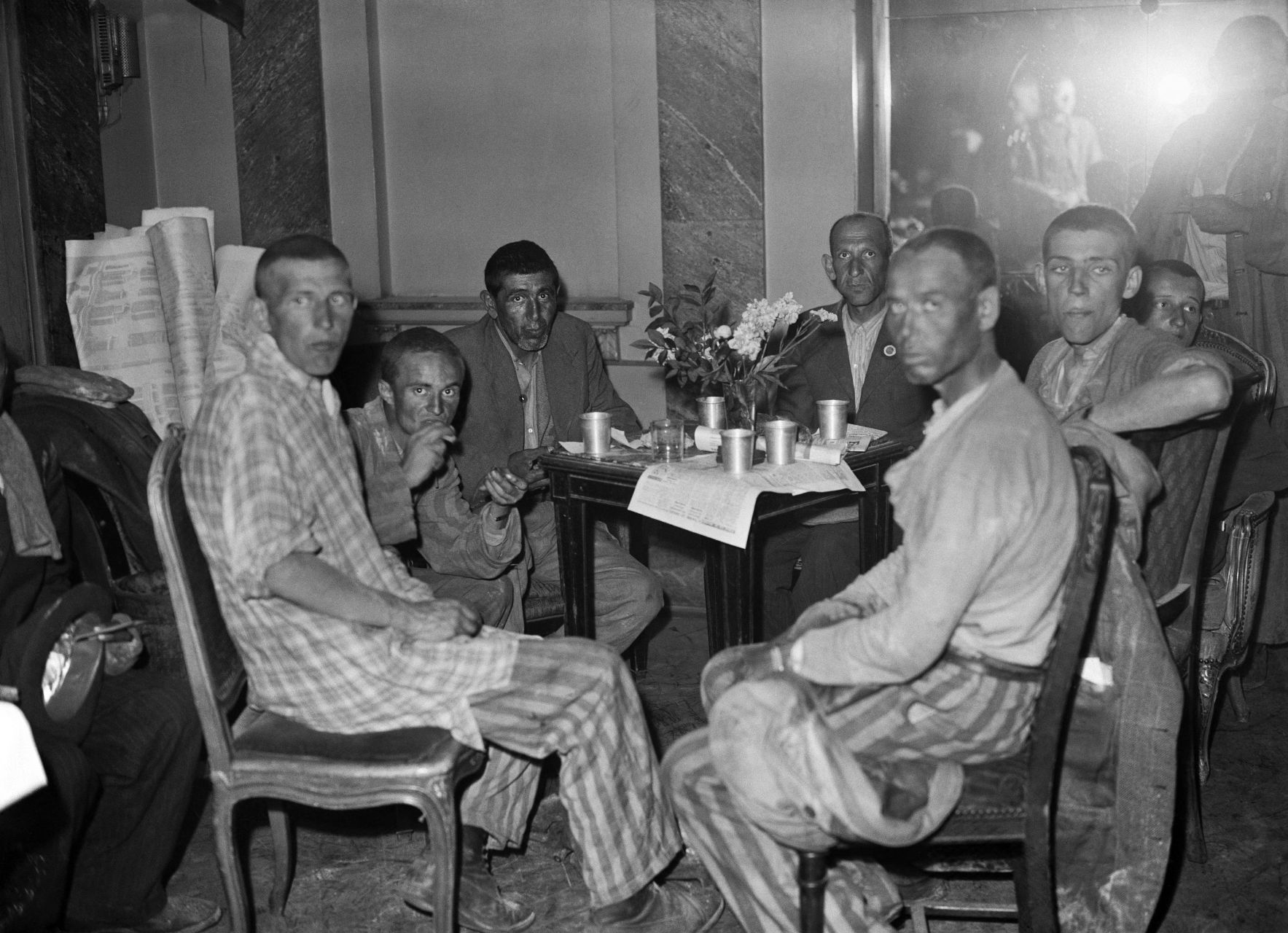
The historic Lutetia hotel in Paris, which was occupied by the Nazis during World War II and after liberation served as a welcome center for concentration camp survivors, was on Thursday taken over by luxury hotel group Mandarin Oriental.
Situated in the center of the Left Bank area of the French capital, the Art Deco institution was opened in 1910 and owes its existence to its neighbor Bon Marche, one of the first department stores in the world. Real estate group Alrov, controlled by Alfred Akirov and his family, will retain ownership of the building. Originally baptized with the Roman name for Paris, the hotel will be renamed Mandarin Oriental Lutetia from Thursday.
The Akirov family and Laurent Kleitman, chief executive of Mandarin Oriental Hotel Group, took part in an inauguration ceremony on Thursday, unveiling a plaque on the hotel's facade in the colors of the Asian group. Jean-Pierre Trevisan, the hotel's director, said the deal "will give us visibility in areas that we are not familiar with, such as Asia". Financial details of the management contract were not disclosed. A source familiar with the matter said it was a "very long-term commitment". Kleitman said no major changes to the recently renovated establishment were planned.
"We are delighted to support and work closely with Mandarin Oriental for the sustainability of the Lutetia," the Akirov family said in a statement. The founders of Bon Marche had the hotel built to provide accommodation for their wealthy customers travelling up to Paris from the provinces for shopping trips.
With the Left Bank the heart of the French intellectual scene, the hotel became a hangout for celebrities including Charlie Chaplin, Ernest Hemingway and Antoine de Saint-Exupery.
Famous guests also included James Joyce, who worked on his epic novel Ulysses at the Lutetia, and the future president of the republic, Charles de Gaulle, who spent his wedding night there. During the Nazi occupation of Paris, the hotel was requisitioned by the occupying forces and used to house the Abwehr, the German intelligence. When Paris was liberated in 1944, de Gaulle ordered the hotel to take in thousands of deportees. One archive Agence France-Presse picture shows emaciated French deportees repatriated from Germany having a meal at the hotel in May 1945. Another shows freed prisoners consulting a bulletin board with lists of deportees.
"The ghosts of Nazis, French resistance fighters and concentration camp survivors still inhabit the grand building on Paris' famed Left Bank," the Smithsonian Magazine said in 2019. Post-war, it swiftly regained its reputation as a place to see and be seen.
The five-star hotel was awarded the "Palace" distinction in 2019, after four years of costly renovations. The work was financed by the Alrov group, which paid 145 million euros in 2010 to acquire the hotel, sources told AFP at the time. The 200-million-euro makeover allowed the hotel to spruce up its original frescos and stucco work, decking out the 184 rooms and suites in understated luxury. Some suites have been inspired by celebrities such as Francis Ford Coppola and Isabelle Huppert. Prices are out of reach for all but the wealthiest, with rooms rates starting at 1,500 euros per night.
With AFP



Comments